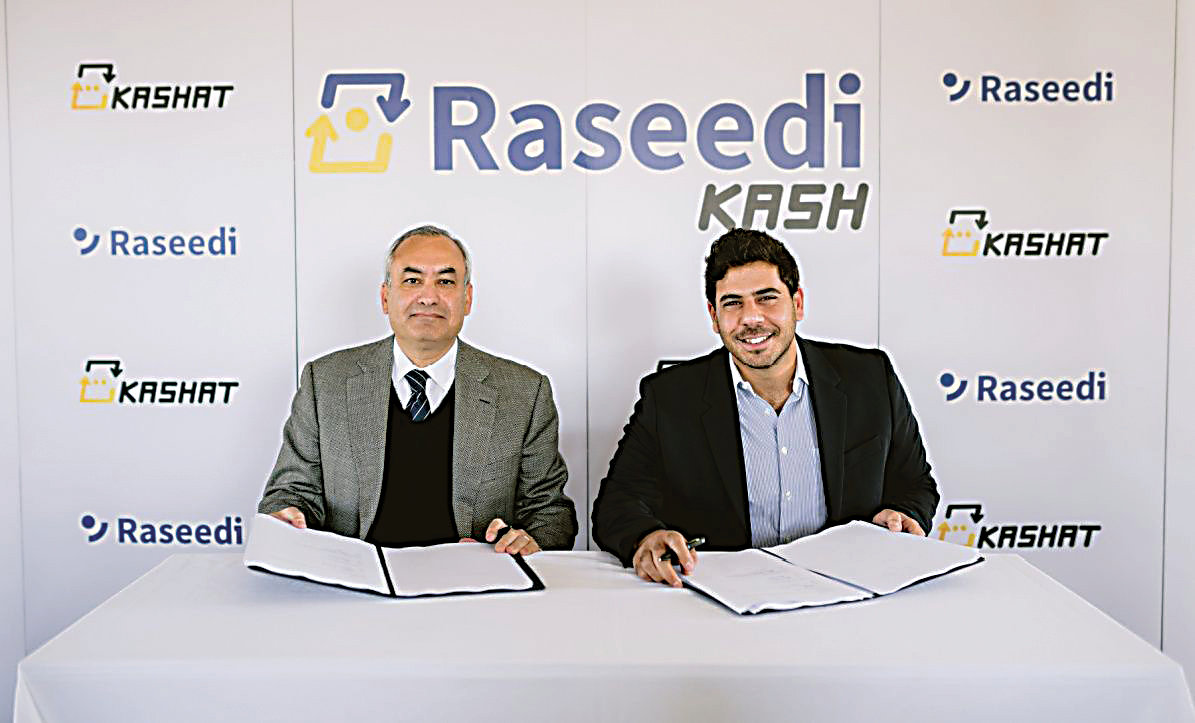SAO PAULO: Lithium mining has become a central element in several countries’ strategy to transition from fossil fuels to renewable energy.
Saudi investors are aware of Argentina’s major role in this respect. Earlier this month, a delegation from the Saudi Energy Ministry visited the province of Catamarca, in the extreme north of Argentina, in order to discuss lithium projects in the area.
The Argentinian northwestern zone, along with parts of Chile and Bolivia, form the so-called Lithium Triangle, an area in the Andes where more than 50 percent of the world’s lithium deposits are located.
Chile has been leading lithium exploitation in the region, with the first projects beginning in the 1980s. Argentina started exploitation there in 1997.
“Argentina’s installed capacity today is lower than Chile’s. But the Argentinian exploitation model allows for the free entry of investors, while in Chile and Bolivia there are a few restrictions,” Victor Delbuono, a natural resources researcher at Argentinian think tank Fundar, told Arab News.
With the electromobility boom in the past decade, new lithium endeavors were implemented in Argentina, with an operation starting in 2015 and another in 2023, besides dozens of exploitation initiatives.
“There are now five mining projects under construction, funded by capital from several nations: France, South Korea, Australia, Canada, the US, Japan and China,” Delbuono said.
Chinese investors are taking part in a number of projects and, in the medium term, half of all running lithium endeavors will be under Chinese control.
Over the past decade, Argentina has concentrated most of the world’s expenditure in lithium exploitation, “so the country’s potential is rather well-known considering pre-feasible and feasible projects,” Delbuono said.
According to Diego Cons, executive director of the Argentine Chamber of Mining Suppliers, there are currently 39 projects in the country, some of them in very initial stages and five or six others ready to be launched in the next three years.
“Potential investors need to have access to reliable information on the ground in order to decide whether they want to invest in more advanced projects or new exploratory endeavors,” he told Arab News.
Delbuono estimates that there are 15 projects in the northwest of Argentina that have the necessary characteristics to be funded by Saudi investors.
“It’s possible for them to invest in joint operations with province-owned companies, for instance,” he said.
Jorge Pena, a consultant in energy transition at Lithron, told Arab News: “Catamarca’s lithium deposits have ideal geological characteristics to be exploited in the short term, but some projects in the region require subsoil exploration, which demands more capital — something Gulf nations could be interested in financing.”
He emphasized that opportunities are not restricted to lithium, given that other minerals are needed when it comes to electromobility.
“In that same region, there are consolidated endeavors to exploit copper, gold, silver and other minerals,” he said.
The growing lithium exploitation will also require the development of local infrastructure, Delbuono said, especially transmission lines and roads.
Pena said mining companies are the ones making the necessary investments in infrastructure, “but many things have to be done, including gas pipelines to provide fuel to such projects. The necessary development of the mining industry requires surrounding infrastructure, so investors are needed.”
The logistical infrastructure projects have been drawing the interest of groups from neighboring Brazil, analysts say.
With adequate modeling, investors can find juridical safety and fund such initiatives, Cons said, adding: “All that cycle generates direct and indirect jobs and boosts local development, something that creates more opportunities for companies that provide goods and services and are strategic partners of the foreign investors.”
While there are several positive aspects for potential investors in lithium projects in Argentina, some elements still need to be tackled.
In recent months, Jujuy province has faced continuous protests by Indigenous groups, peasants and other social segments over the approval of a new provincial constitution that is seen as tailored to benefit lithium mining to the detriment of local residents.
The demonstrators fear that the scarce water in the region will be diverted to the lithium plants and will not be adequately available for them anymore.
“Each region has its own social and environmental reality. In provinces where mining is a traditional activity, there’s less resistance from residents,” Delbuono said, adding that sustainable development and operations properly accompanied by citizens must be the goal for all companies and investors.
“An institutional strengthening is needed, with governments adequately monitoring all operations and ensuring that the best practices are adopted.”
He said the governments of the three northwestern provinces of Argentina with the largest lithium deposits have been implementing measures to allow the operations to be adequately developed.
The country’s macroeconomic situation — which has been unstable over the past few years, with high inflation and debt — is also a challenge.
However, as financial hardships made access to credit more difficult and expensive, the entry of new foreign investors could represent a win-win situation.
All things considered, Argentina could become the center of the energy transition process. “All the development around lithium that there is in Chile is also possible on the other side of the border, in Argentina. And this is the right moment to pursue it,” Pena said.





































